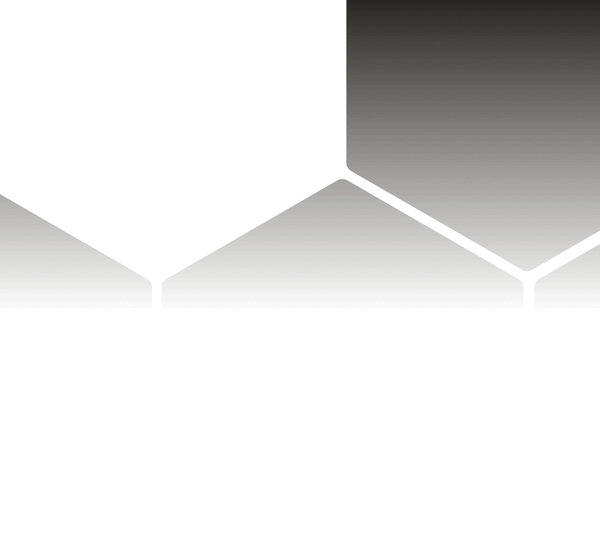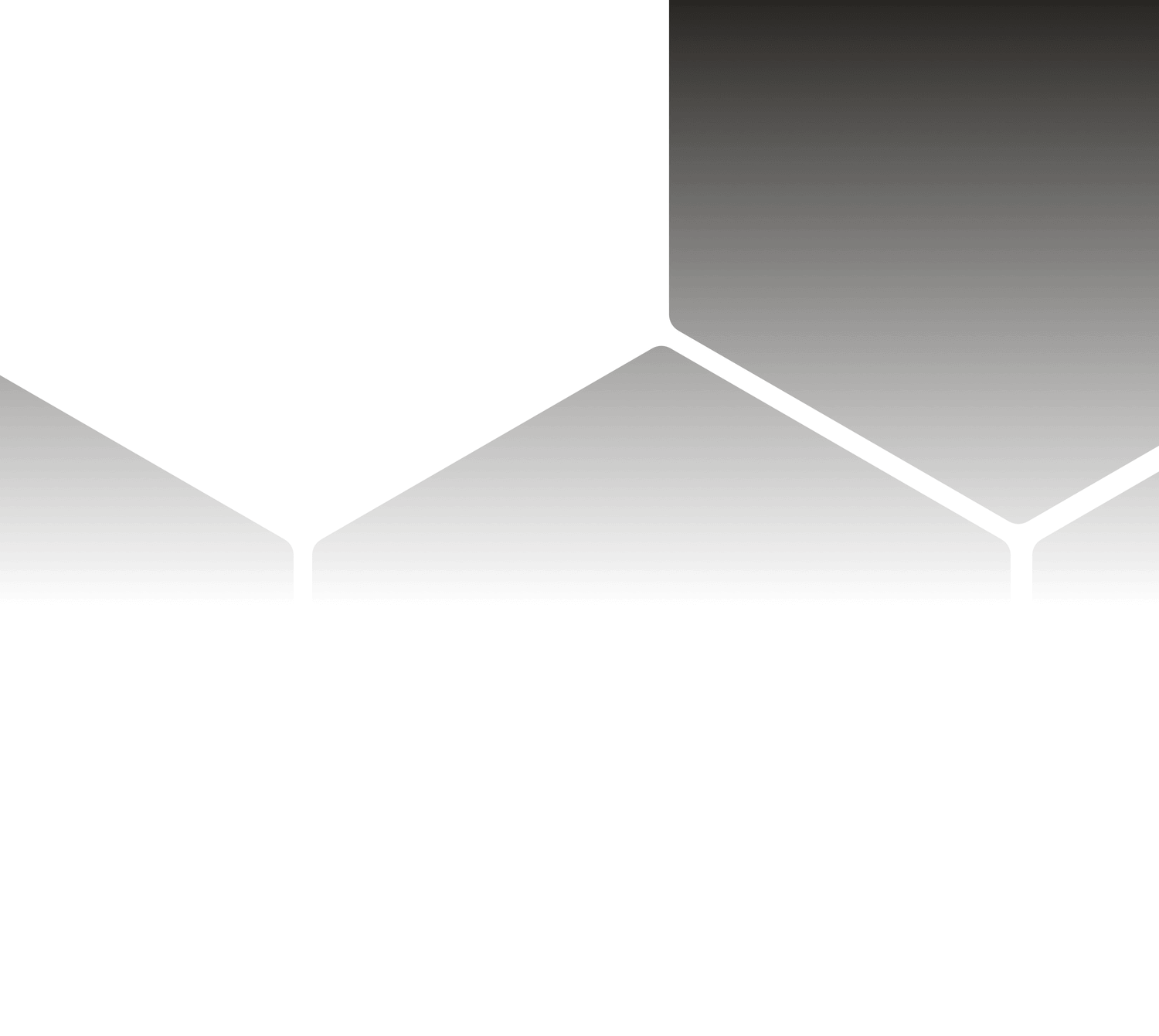1. What is CBD?
CBD, or cannabidiol, is one of over 100 chemical compounds known as cannabinoids found in the cannabis plant. Unlike THC (tetrahydrocannabinol), another well-known cannabinoid, CBD is not psychoactive, which means it doesn’t cause the “high” associated with cannabis.
2. What’s the difference between CBD and THC?
The primary difference between CBD and THC is that THC is psychoactive and can cause a “high,” while CBD does not have this effect. Both cannabinoids interact with the body’s endocannabinoid system but in different ways, leading to different effects.
3. Will CBD make me feel ‘high’?
No, CBD itself is not psychoactive and does not produce a ‘high’ feeling. This is a common misconception due to its association with the cannabis plant.
4. What’s the difference between full-spectrum, broad-spectrum, and CBD isolate products?
Full-spectrum CBD contains all the compounds naturally occurring in the cannabis plant, including cannabinoids, terpenes, and flavonoids. This includes a trace amount of THC.
Broad-spectrum CBD also contains multiple cannabinoids, terpenes, and flavonoids, but all THC is removed during processing.
CBD isolate is the purest form of CBD, containing 99% pure CBD. It’s free of other cannabinoids, terpenes, and flavonoids.
5. Is CBD legal?
As of my knowledge cutoff in September 2021, CBD is federally legal in the United States if it’s derived from hemp and contains less than 0.3% THC. However, the legality of CBD can vary from state to state and internationally. Please check your local laws and regulations.
6. Can I use CBD with other medications?
CBD can interact with certain medications, altering how your body processes them. It’s essential to consult with your healthcare provider before starting any CBD regimen, especially if you’re currently on any medications.
7. Can CBD help with my health condition?
CBD has been studied for a range of potential therapeutic applications, including pain relief, anxiety reduction, and seizure reduction. However, it’s important to note that while research is promising, CBD is not a cure-all, and results can vary. Always consult with a healthcare provider for advice tailored to your specific circumstances.
8. How should I store my CBD products?
Most CBD products should be stored in a cool, dry place away from direct sunlight to maintain their potency and quality.
9. What dose of CBD should I take?
The ideal dosage of CBD can vary widely depending on individual factors like your body weight, metabolism, the condition you’re treating, and the concentration of CBD in the product. It’s recommended to start with a low dose and gradually increase until you find what works best for you.
10. Will CBD show up on a drug test?
Most standard drug tests screen for THC, not CBD. However, some CBD products may contain trace amounts of THC that could theoretically cause a positive test. If this is a concern, consider using a broad-spectrum or isolate CBD product, which are typically free of THC.





